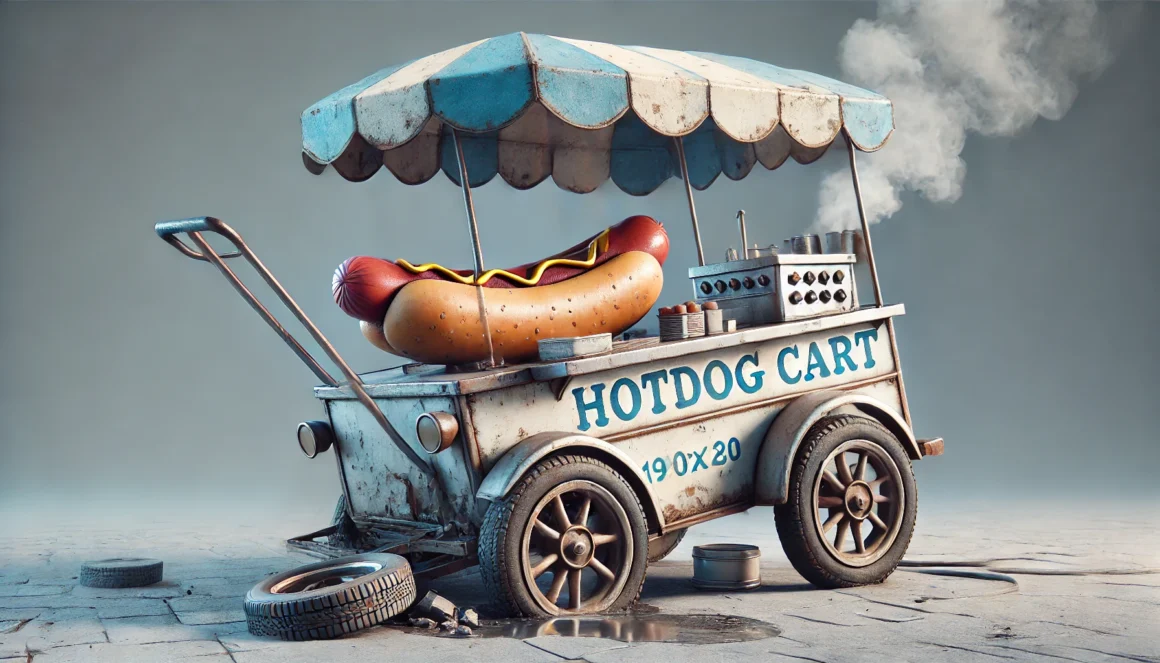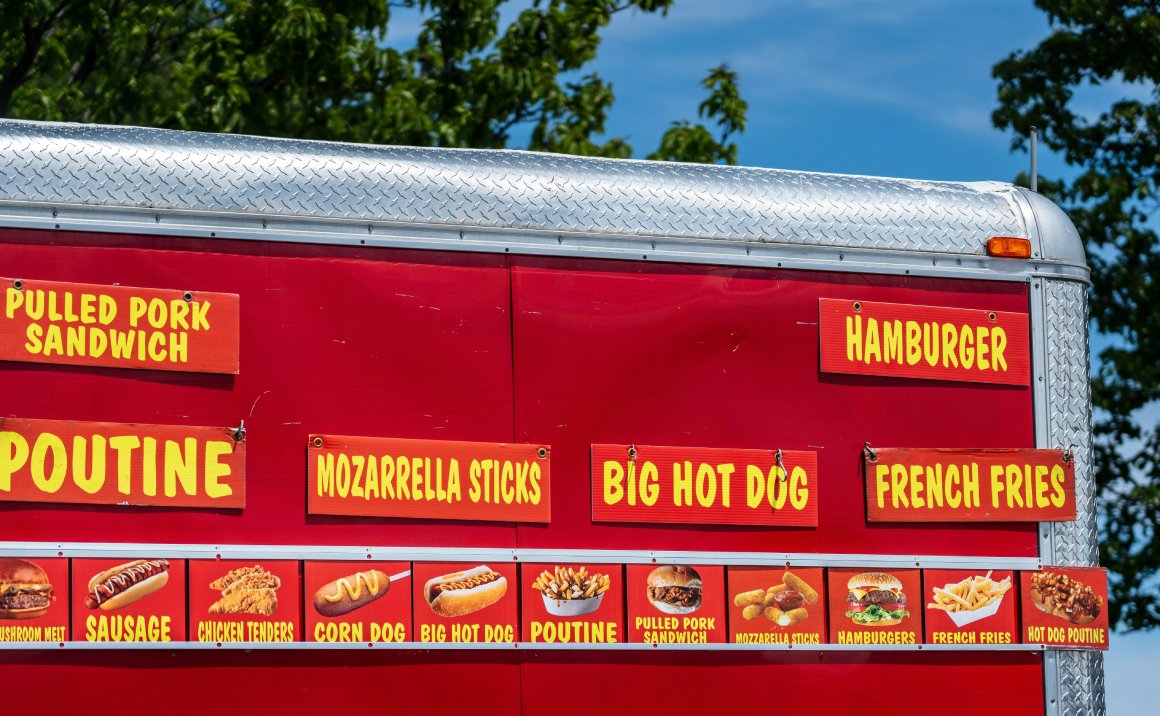
Temporary Employees for Your Food Truck: Certifications, Training, and Legal Requirements
This post is part of a regular series. Click here to start at the beginning.
Hiring temporary staff for your food truck can be a lifesaver during high-volume times or special events, but there are specific requirements that must be met to ensure they’re qualified to work in a mobile food environment. From health and safety certifications to understanding the demands of working in a small, fast-paced space, temporary employees need the right training and credentials before they step onto the truck.
In this post, we’ll walk through the key requirements that temporary workers need to meet in order to legally and safely work on a food truck.
1. Food Handler’s Permit or Certification
One of the most important legal requirements for anyone working in food service, including temporary employees, is a Food Handler’s Permit or certification. This certification ensures that workers understand basic food safety principles, including hygiene, proper food storage, and preventing cross-contamination.
Actionable Task:
- Ensure Every Worker Has a Food Handler’s Permit: Check your state’s regulations to confirm that all employees, even temporary ones, are required to have a Food Handler’s Permit. Many states offer online courses that workers can complete in just a few hours. As the employer, you can also cover the cost of certification as part of the hiring process.Example: A taco truck operating in Texas ensures that all temporary workers have a Texas Food Handler’s Certification before they can work on the truck. The certification is completed online and is valid for two years.
Expected Outcome: Ensuring that all workers have the proper food safety certification reduces the risk of foodborne illness, improves overall hygiene, and keeps your food truck in compliance with health regulations.
Investment Level: Low to Medium – The cost of Food Handler’s certifications varies by state but typically ranges from $10 to $50 per person.
2. Basic On-the-Job Training
Even if temporary employees are only working for a few days, it’s essential to provide basic on-the-job training. This includes showing them how to use specific equipment, handle food safely, and follow the truck’s operating procedures. Training helps minimize mistakes, improves efficiency, and ensures consistency in food quality.
Actionable Task:
- Create a Quick Training Program: Develop a brief training checklist for temporary workers that covers essential tasks like using the grill, fryer, or cash register; understanding the menu; and food safety guidelines. Allow time for hands-on training where they can shadow regular staff before taking on responsibilities.Example: A BBQ truck provides all new or temporary workers with a one-hour orientation, covering how to operate the grill, prepare sides, and manage food safety. New hires shadow a regular worker for their first shift before working solo.
Expected Outcome: Basic training ensures that temporary workers understand the truck’s operations, reducing mistakes, improving service speed, and maintaining quality standards.
Investment Level: Low – The primary cost is time spent training, but this investment pays off in terms of smoother operations and fewer errors during peak times.
3. Legal Considerations: Age and Employment Authorization
Hiring temporary workers—especially those who are part-time, seasonal, or under 18—comes with specific legal considerations. It’s important to ensure that all workers are legally authorized to work in your state and that you’re complying with labor laws regarding hours, wages, and working conditions.
Actionable Task:
- Ensure Legal Compliance for Minors and Seasonal Workers: Check federal and state labor laws regarding the hiring of minors, including restrictions on working hours and tasks they can perform. For all workers, ensure they have completed necessary employment forms, including I-9 verification for employment authorization.Example: A coffee truck owner hires several high school students to help during the summer. The owner ensures that these workers are not scheduled during school hours, follows local child labor laws, and provides work permits if required.
Expected Outcome: Staying compliant with labor laws helps avoid legal penalties and ensures that all workers are properly authorized and treated fairly under state and federal regulations.
Investment Level: Low – The cost is primarily administrative, ensuring that all employment documentation is properly completed and maintained.
4. Understanding Health and Safety Standards
Working on a food truck often involves handling hot surfaces, sharp tools, and working in tight spaces. It’s essential that temporary employees understand health and safety procedures, including how to prevent accidents, handle kitchen equipment, and manage hazardous situations.
Actionable Task:
- Train Workers on Health and Safety Protocols: Provide a brief overview of health and safety standards, including how to safely operate the truck’s equipment, handle hot surfaces, and prevent slips or falls. Make sure all workers know what to do in case of an emergency, such as a fire or power outage.Example: A burger truck ensures that all new and temporary employees know how to use the grill safely, where the fire extinguisher is located, and how to shut off the propane tank in an emergency.
Expected Outcome: Training on health and safety standards reduces the risk of workplace injuries, keeps employees safe, and ensures that the food truck operates smoothly even during busy shifts.
Investment Level: Low – Health and safety training can be incorporated into your overall training program and doesn’t require significant financial investment.
5. Temporary Worker’s Compensation and Insurance Coverage
It’s important to ensure that temporary workers are covered under your worker’s compensation and liability insurance policies. Accidents can happen, and it’s critical that temporary staff are protected and that your business is financially shielded from potential claims.
Actionable Task:
- Review Your Insurance Coverage for Temporary Workers: Speak with your insurance provider to confirm that temporary workers are covered under your policy. If necessary, adjust your coverage to include part-time, seasonal, or event-based staff.Example: A smoothie truck owner works with their insurance company to ensure that all temporary workers hired for a summer festival are covered under the worker’s compensation policy in case of accidents.
Expected Outcome: Ensuring that temporary staff are covered by your insurance protects your business from potential claims and ensures that all workers are protected in case of injury.
Investment Level: Medium – Expanding insurance coverage for temporary workers may increase your premiums slightly, but it’s a necessary investment to protect both your business and your employees.
Conclusion: Preparing Temporary Workers for Success
Temporary employees play a critical role in helping your food truck run smoothly during high-volume times, but it’s essential to ensure they’re properly trained, legally authorized, and equipped to handle the fast-paced environment. By ensuring they have the necessary certifications, legal documentation, and basic training, you can set them up for success and maintain high standards of service on your food truck.
These steps will help you bring in temporary help while keeping your food truck in compliance with regulations, minimizing risk, and maintaining the quality of your offerings.
This post is part of a regular series. Please use these links to view the rest of the series in order.
How to Build Customer Engagement and Retention for Your Food Truck
The Complete Guide to Customer Engagement and Retention for Food Truck Owners Customer engagement and…
Cash Flow Management for Your Food Truck – Keeping Your Finances Stable
How to Manage Cash Flow for Your Food Truck: A Guide to Financial Stability Cash…
The Risks of Buying a Food Cart: What You Should Know
Avoiding the Common Pitfalls of Buying a Food Cart: Risks, Tips, and Considerations For many…




